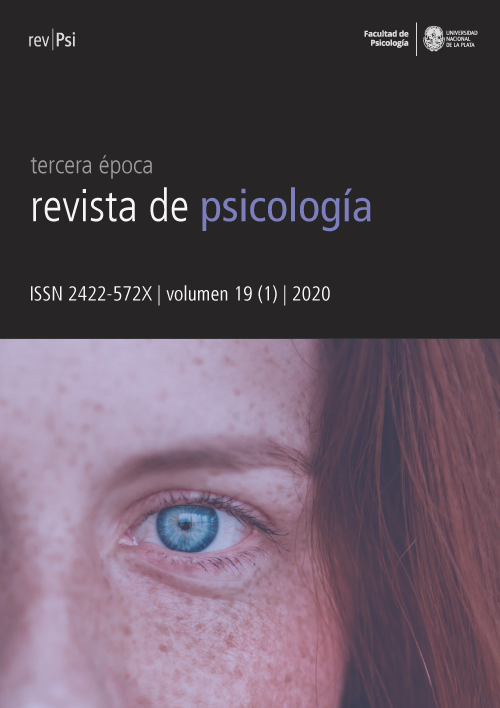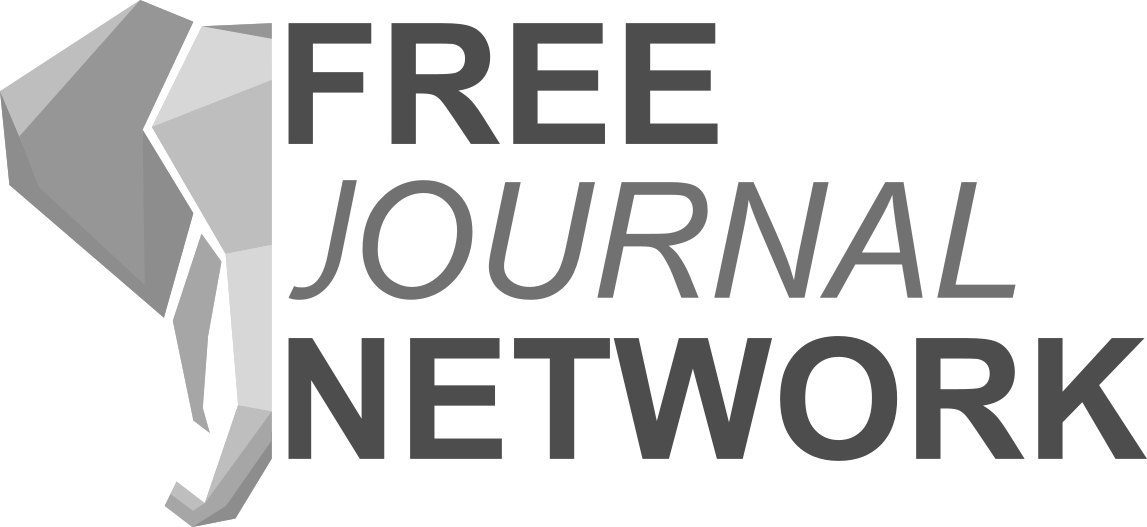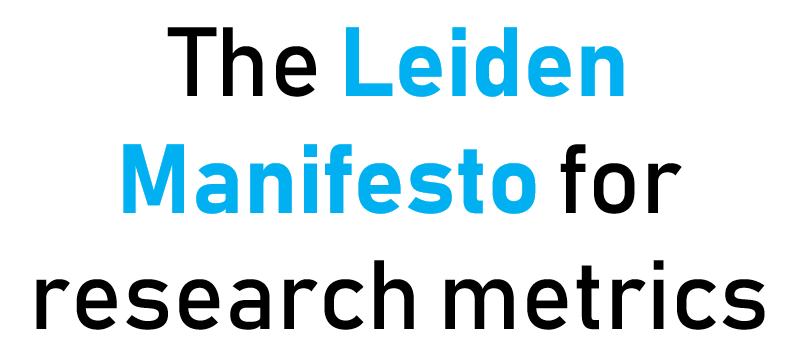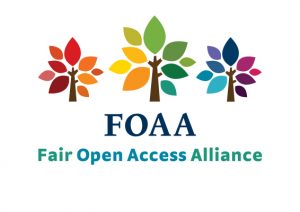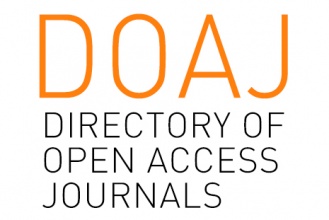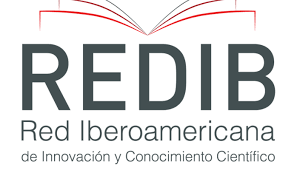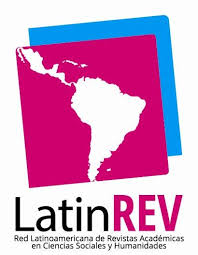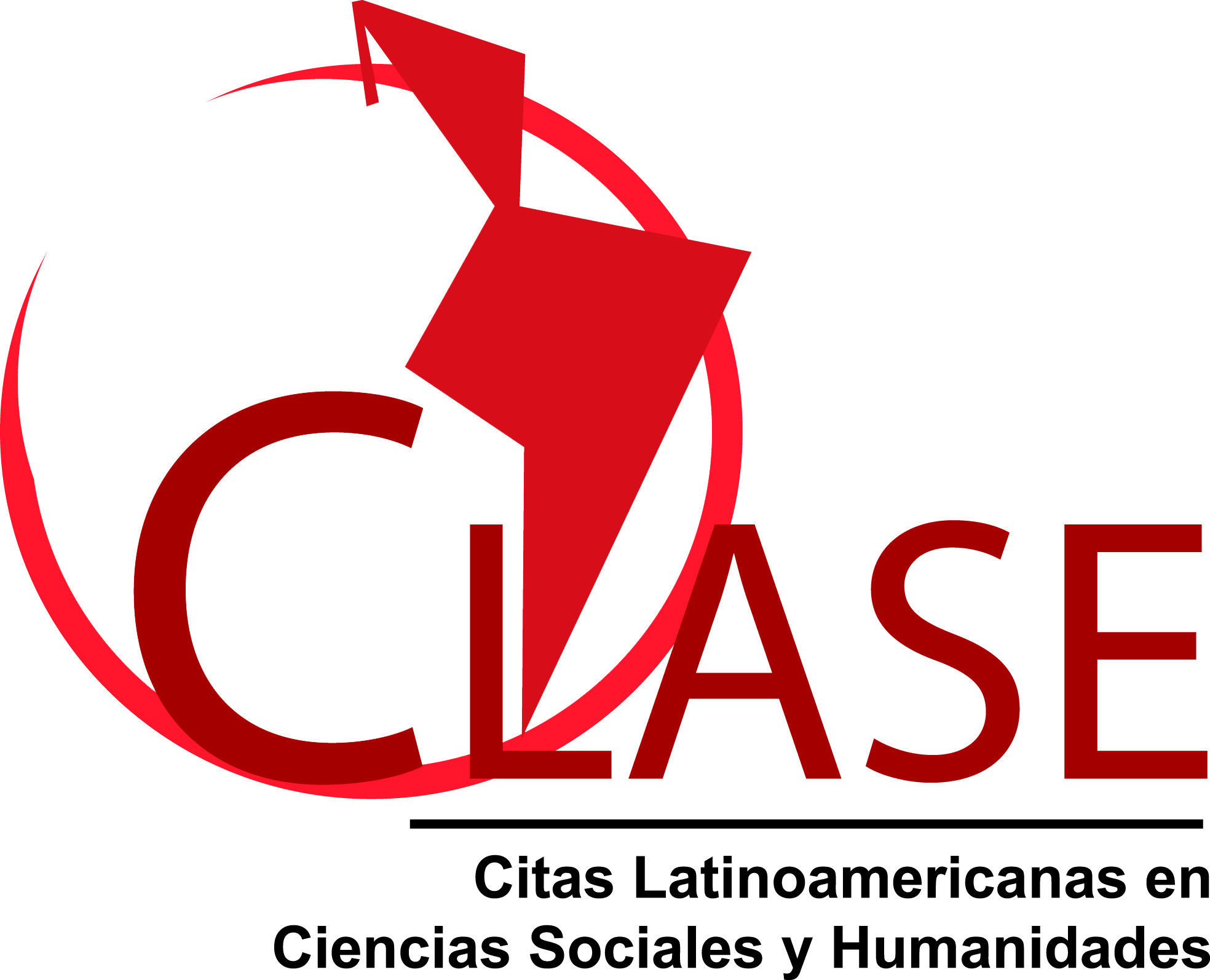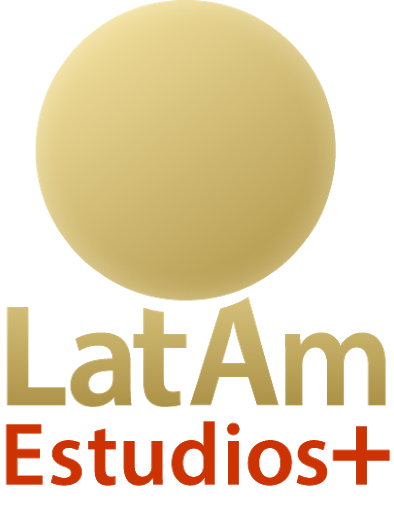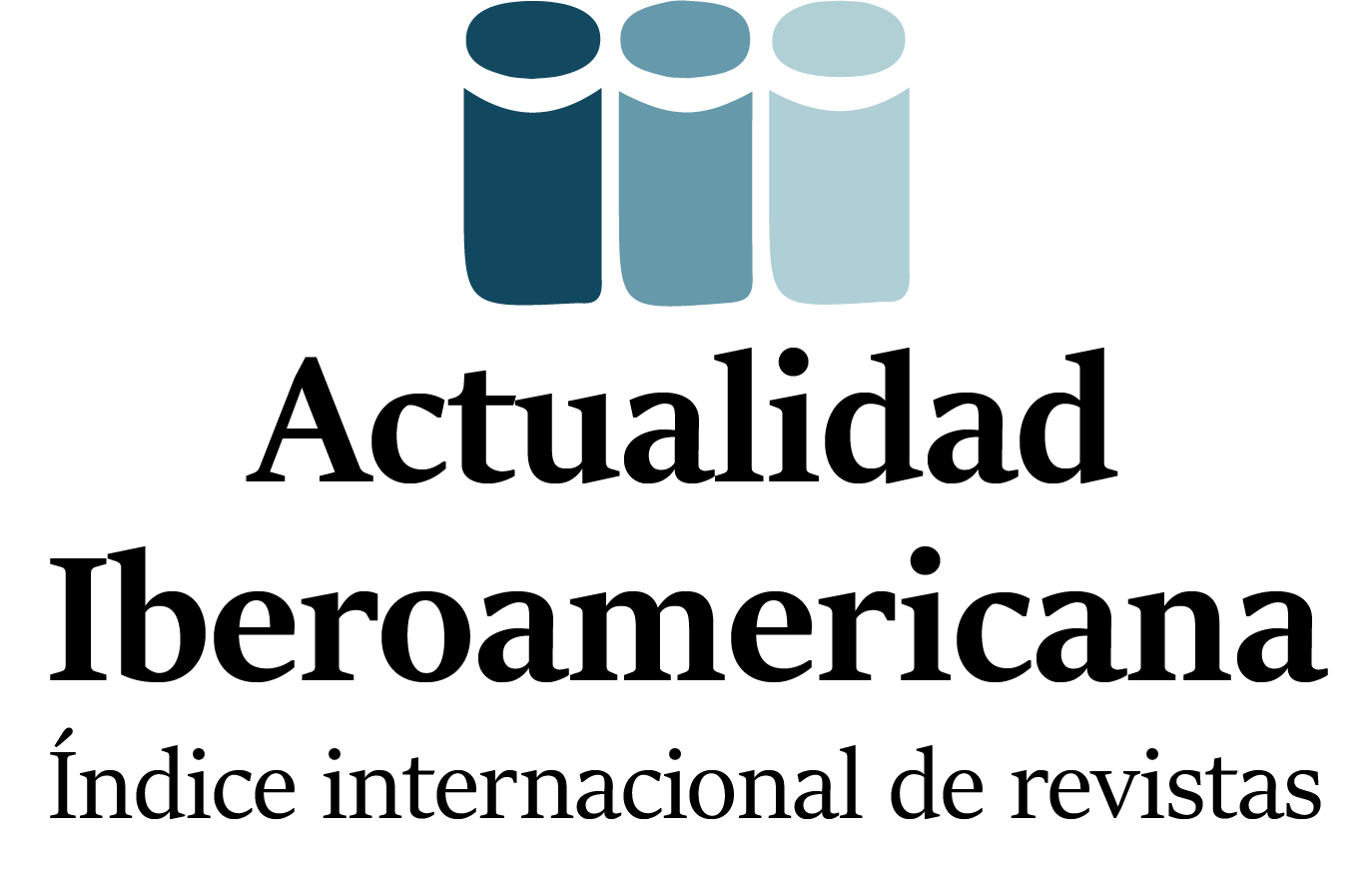Questioned motherhood: Differences about beliefs towards motherhood in women
DOI:
https://doi.org/10.24215/2422572Xe047Keywords:
motherhood, culture, beliefs, attitudes, empowermentAbstract
Motherhood is considered as a natural feature of women and has been identified as a goal of life and developmental achievement. However, this social construction has been transformed over time by social and political factors that are possible to identify in social programs that promote empowerment of women and their participation in other social fields in order to improve their social disadvantage. Therefore, the purpose of this study was to assess whether there is an effect of empowerment and self-concept on beliefs about motherhood as a social duty and a sense of life. The results confirm that there is indeed an effect and, even it was possible to identify differences in women who want motherhood. These findings allow us to question the effect of cultural socialization as enculturation on a personal self-concept construction and personal reinterpretation as mothers.
Downloads
Metrics
References
Al-Lal, M., Herrera, T. L. y Mohamed, M. L. (2017). Personalidad y autoconcepto según el origen cultural de estudiantes de educación primaria. La psicología hoy: Retos, logros y perspectivas de futuro. Psicología infantil, 1(2), 295-304.
Anzaldúa, G. (2014). Los movimientos de rebeldía y las culturas que traicionan. En B. Hooks, A. Brah, C. Sandoval, G. Anzaldúa, A. Levins Morales, K.-K. Bhavnani, M. Coulson, J. Alexander y C. Talpade Mohanty (Eds.), Otras inapropiables: Feminismos desde las fronteras (pp. 71-81). Traficantes de Sueños.
Ávila, G. (2005). Mujeres frente a los espejos de la maternidad: Las que eligen no ser madres. Desacatos, 17, 107-126.
Bethencourt, L. y Carrillo, M. (2014). Mujeres, empoderamiento y transformaciones socioeconómicas y políticas. Caso municipio Valdez, estado Sucre. Cuadernos del CENDES, 31(85), 157-161.
Burns, R. (1979). The self-concept. Theory, measurement, development and behavior. Longman.
Castillo, M. (2008). Modelos y prácticas de maternidad: Continuidades y cambios en dos generaciones de madres platenses. Revista Mad, 19, 63-79.
Daniluk, J. (1999). When biology isn´t destiny: Implications for sexuality of women without children. Canadian Journal of Counselling, 32(2), 79-94.
Esnaola, I., Goñi, A. y Madariaga, J. (2008). El autoconcepto: Perspectivas de investigación. Revista de Psicodidáctica, 13(1), 69-96.
Esteban, M., Batiani, J. y Vila, I. (2009). El impacto de la cultura en el autoconcepto. Un estudio con mestizos de distintos entornos educativos de Chiapas. Infancia y Aprendizaje, 21(3), 361-370.
Fundación Nacional por la Familia. (2019). Quiénes somos. http://frentenacional.mx/quienessomos/
González, C., Calleja, N., Bravo, C. y Meléndez, J. (2019). Escala de creencias sobre la maternidad: Construcción y validación en mujeres mexicanas. Revista Iberoamericana de Diagnóstico y Evaluación – e Avaliação Psicológica, 50(4), 163-172. https://doi.org/10.21865/RIDEP50.1.13
González, M. y Touron, J. (1992). Autoconcepto y rendimiento escolar. Sus implicaciones en la motivación de la autorregulación del aprendizaje. EUNSA.
González, O. y Goñi, E. (2005). Dimensiones del autoconcepto social. International Journal of Developmental and Educational Psychology, 2(1), 249-261.
Harter, S. (1990). Developmental differences in the nature of self-representations: Implications for the understanding, assessment, and treatment of maladaptive behavior. Cognitive Therapy and Research, 14, 113-142. https://doi.org/10.1007/BF01176205
INEGI. (2019). Natalidad y fecundidad. https://www.inegi.org.mx/temas/natalidad/
Instituto Nacional de las Mujeres. (2011). Trabajo doméstico no remunerado equivale a 21.7% del PIB. Comunicado de prensa 61. www.inmujeres.gob.mx/sala-de-prensa
Instituto Nacional de las Mujeres. (2018). Las madres en cifras. https://www.gob.mx/inmujeres/articulos/las-madres-en-cifras
Instituto Nacional de las Mujeres. (2019). Proequidad (igualdad de género). https://www.gob.mx/inmujeres/acciones-y-programas/programa-proequidad-igualdad-de-genero
Kimble, C., Hirt, E., Díaz-Loving, R., Hosch, H., Lucker, W. y Zárate, M. (2002). Psicología social de las américas. Prentice Hall.
Langer, A. (2002). El embarazo no deseado: Impacto sobre la salud y la sociedad en América Latina y el Caribe. Revista Panamericana de Salud Pública, 11(3), 192-203.
Loeber, R. (1986). Family factors as correlates and predictors of juvenile conduct problems and deliquency. Crime and Justice, 7, 29-149.
OMS. (2016). Salud reproductiva. https://www.who.int/topics/reproductive_health/es/
Pérez-Duarte, A. E. (1996). La maternidad: Relato de una contradicción. En Ética y salud reproductiva. Porrúa-UNAM.
Pick, S., Sirkin, J., Ortega, I., Osorio, P., Martínez, R., Xocolotzin, U. y Givaudan, M. (2007). Escala Para Medir Agencia Personal y Empoderamiento (ESAGE). Interamerican Journal of Psychology, 41(3), 295-304.
Rasanen, P., Hakko, H., Isohanni, M., Hodgins, S., Jarvelin, M. y Tiihonen, J. (1999). Maternal smoking during pregnancy and risk of criminal behavior among adult male offspring in the Northern Finland 1966 Birth Cohort. Am J Psychiatry, 156, 857-862.
Reyes-Lagunes, I., Rivera-Aragón, S. y Díaz-Loving, R. (2002). Autoconcepto: Desarrollo y validación de un inventario etnopsicológico. Revista Iberoamericana de Evaluación Psicológica, 13(1), 29-54.
Rodríguez, C. (2018). Empoderamiento de mujeres rurales del sur de Cauca: Un caso regional de innovación social [Tésis de máster inédita]. Universidad ICESI.
Sampson, R. y Laub, J. (1993). Crime in the making: Pathways and turning points through life. Harvard University Press.
Sánchez, B. N. (2016). La experiencia de la maternidad en mujeres feministas. Nómadas, 44, 255-267.
Shavelson, R. J., Hubner, J. J. y Stanton, G. C. (1976). Self-concept: Validation of construct interpretations. Review of Educational Research, 46(3), 407-441. https://doi.org/10.3102/00346543046003407
Trujano, R. (2006). Paternidad, maternidad, y empoderamiento femenino. Revista Electrónica de Psicología Iztacala, 9(3), 86-108.
Valverde, K. y Cubero, M. (2014). La maternidad como un constructo social determinante en el rol de la feminidad. Revista Wimb Lu, 9(1), 29-42.
Vivas, E. (2019). Mamá desobediente. Una mirada feminista a la maternidad. Capitan Swing.
Zabala, F. y Fernández, R. (2005). Diferencias en el autoconcepto personal y social. International Journal of Developmental and Educational Psychology, 1(1), 243-256.
Downloads
Published
How to Cite
Issue
Section
License
![]()
Authors who publish in this journal accept the following conditions:
- Authors retain the copyright and assign the right of first publication to the journal, with the work registered under a Creative Commons attribution license (CC-BY), which allows third parties to use what is published whenever they mention the authorship of the work and the first publication in this magazine.
- Authors can make other independent and additional contractual agreements for the non-exclusive distribution of the article published in this journal (e.g., include it in an institutional repository or publish it in a book) as long as they clearly indicate that the work was published for the first time in this magazine.
- Authors are allowed and encouraged to publish their work on the Internet (e.g., on institutional or personal webpages) before and during the review and publication process, as it can lead to productive exchanges and greater and faster dissemination of published work (see The Effect of Open Access ).

